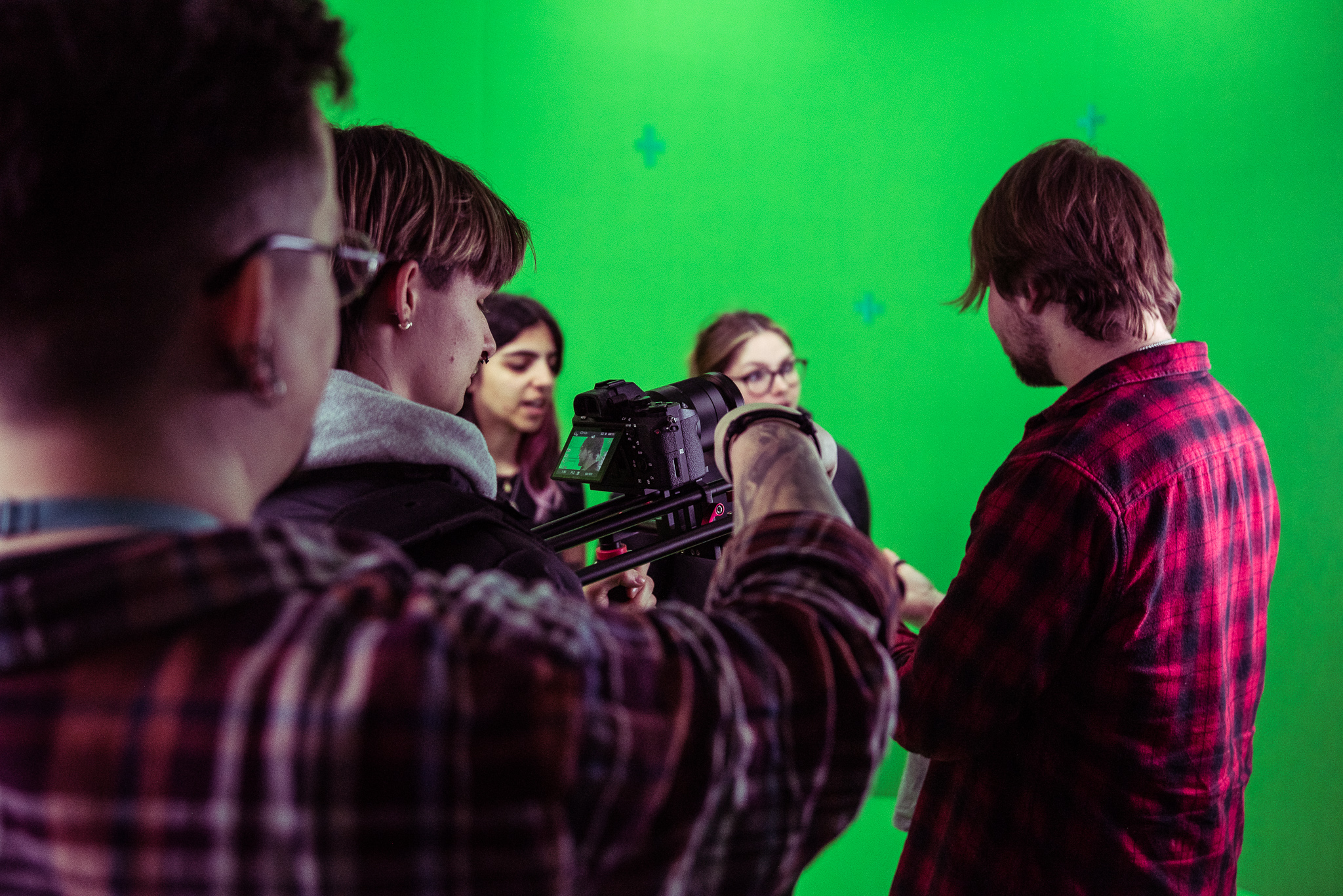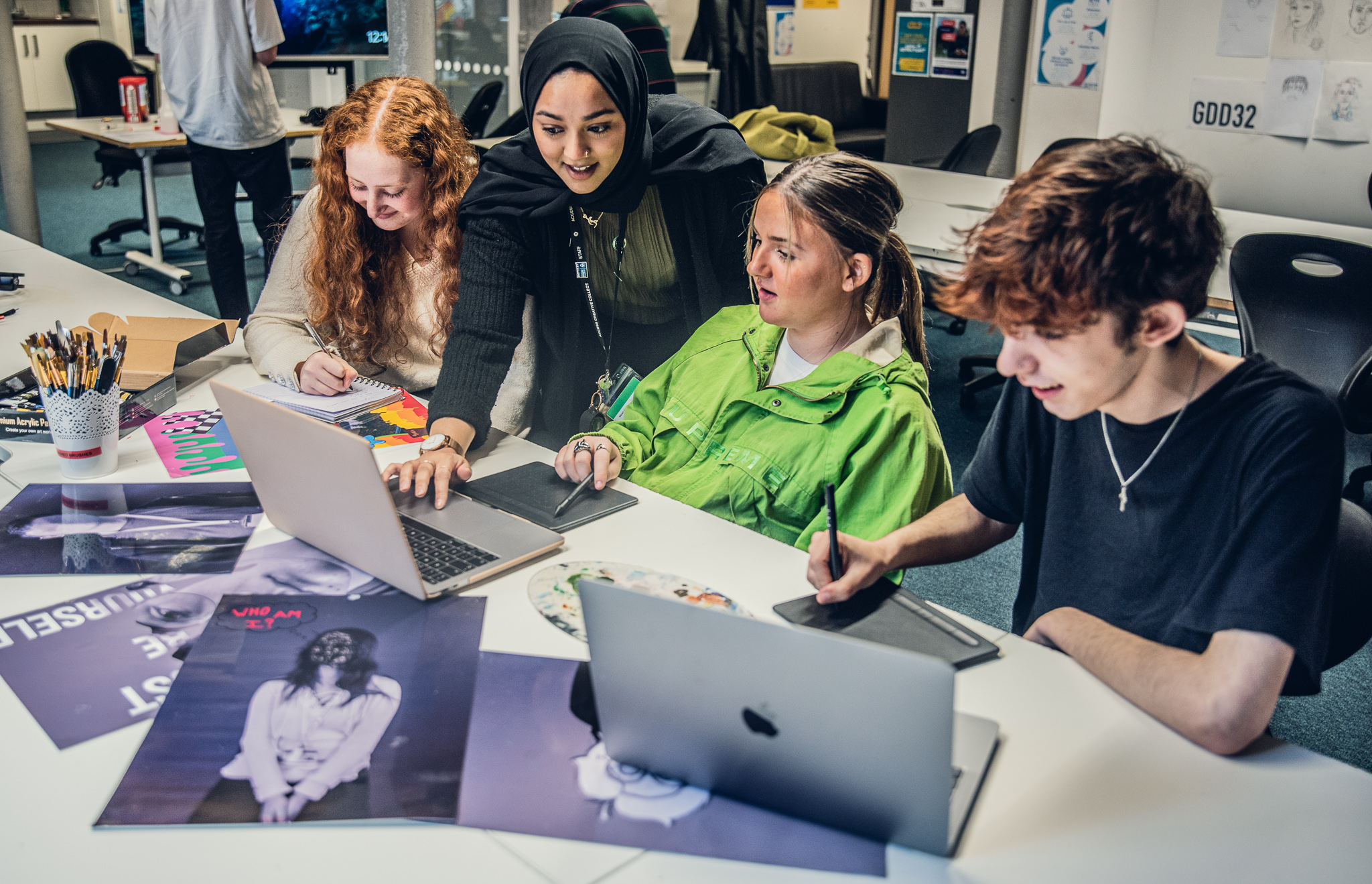Bristol is known for its vibrant culture, rich history, beautiful architecture, and innovative spirit. In fact, it is crowned as the City of Film in the UNESCO global creative city network, making it the perfect place to build a successful career in the media industry.
![]()
Is Bristol a good place to have a media career?

Bristol is home to a booming network of creative businesses, with an impressive portfolio of its own TV production companies, advertising agencies, digital media startups, and creative studios. The city is also the location of many renowned media organisations such as the BBC Natural History Unit, Aardman Animations, and Channel 4’s Creative Hub. This illustrates Bristol as a thriving hub for media and creative industries.
The diverse atmosphere moulds a creative community, making it an exciting environment for professionals to grow in. It hosts various industry events, conferences, and networking meetups which provide plenty of opportunities to network, exchange ideas, and build strong relationships within the industry. Outside of London, Bristol has the strongest digital ecosystem in the UK. While Bristol clearly has its own flourishing media industry, its close proximity to London also provides additional opportunities to access major media organisations and agencies based in the capital city.
Bristol is home to several universities and colleges which offer various courses in media, journalism, film, and digital media. This makes it a great place to kickstart a career in media as students can put the groundwork in by networking and building connections with local companies while they study. These roots will set them up for establishing a successful career post-studies.
![]()
Tips for starting a career in media
First of all, it’s important to develop a diverse skill set as the media industry is constantly evolving, meaning you need a wide range of expertise. Being versatile in this way will make you a valuable asset to employers, and it will open up more opportunities.
It’s also crucial to stay updated with industry trends by keeping yourself informed around the latest developments in media. It’s a good idea to subscribe to relevant publications, follow industry blogs, attend conferences, and participate in online forums to stay ahead of the curve. Networking at industry events is also a great way to connect with fellow professionals and put yourself out there.
Building a portfolio showcasing your best work is essential as it shows employers what you can do. It’s best to display a diverse range of work demonstrating different skills and styles. Similarly, applying for internships and freelance opportunities is a fantastic way to not only add to your portfolio, but also gain hands-on industry experience. Work experience helps to acquaint you with the industry and how it functions.
And remember, it’s important to stay persistent and be resilient. Building a successful media career takes time and a lot of effort. Stay persistent in pursuing your goals and view any setbacks or criticism as opportunities to grow.
![]()
What different types of media jobs are there?

The ever-changing landscape of the media industry means that there are more jobs than ever before. Here are just a few examples of some different career options:
- Journalism: reporters, correspondents, editors, and producers across print, broadcast, and digital media.
- Broadcasting: this could be in radio and television with roles like news anchors, DJs, producers, directors, and technicians. There’s a terrific variety of film-friendly locations in Bristol itself, as well as access to beautiful countryside and other location-rich towns and cities nearby.
- Digital media: social media managers, content creators, bloggers, podcasters, and vloggers.
- Advertising: copywriters, art directors, media planners, and creative directors.
- Public relations: managing the public image and relationships through media, crisis communication, and strategic planning.
- Publishing: editors, writers, proofreaders, designers, and literary agents.
- Film and video production: directors, producers, cinematographers, screenwriters, editors, and production assistants.
- Graphic design: creating visual content for various media platforms, including print, digital, and multimedia projects.
- Photography: capturing images for editorial, commercial, or artistic purposes.
- Animation and visual effects (VFX): creating animated content and special effects for films, TV shows, video games, and digital media.
- Media research and analysis: gathering and analysing data related to audience demographics, media consumption trends, and advertising effectiveness.
- Media management: overseeing operations in media organisations, including hiring, budgeting, strategic planning, and day-to-day operations.
As you can see, there are plenty of options out there. The media industry is an exciting scene to be part of and there are lots of different pathways ready to be explored.
![]()
Are there different types of jobs in digital media?
As mentioned above, there are plenty of opportunities available in the media industry. Often, these roles overlap, therefore professionals aren’t restricted to one role. Other similar jobs include: content creator, digital marketing specialist, SEO specialist, web developer, e-commerce specialist, and so many more!
Having a diverse skill set not only makes you highly sought after by employers, it also allows you to perfect new things. The great thing about a career in media is that you can work for small businesses, corporations and organisations which leaves plenty of room to get involved with a whole range of projects. This variety of projects will help you to gain new skills and build on your existing knowledge.
![]()
How do I get started in media?

Here’s where Access Creative College comes in, we run courses in Bristol in music, media, events and so much more! If you aspire to work in the media industry, ACC Bristol is the perfect place to start.
Our Bristol campus is steeped in a rich musical history, the Bierkeller is one of Bristol’s most legendary music venues, as well as being one of the oldest nightclubs. ACC is the catalyst for the development of young creatives into fully-fledged professionals. Where better for the next generation of creatives to get hands-on experience and master their craft?
Starting a media career in Bristol, or any city for that matter, requires education, experience and persistence. To kickstart your career, why not sign up to one of our open days and see how ACC can help you to jumpstart a successful career?
Already know which course you want to enrol on? Apply online today!





